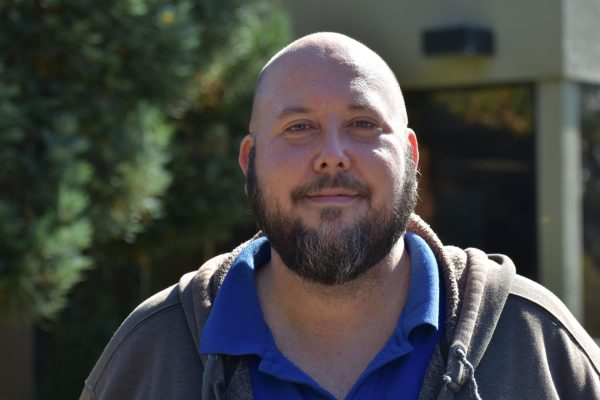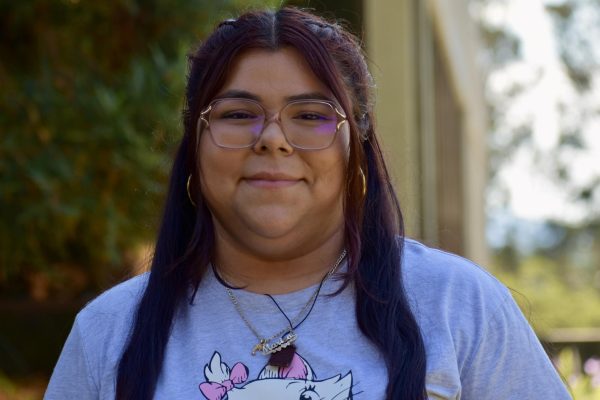My name is Derek C. Wallace and I live in Berkeley. However, “Berkeley” is not the ancestral name of the unceded Ohlone territory upon which I live. This land was traditionally known as “Xučyun” (Huichin) to the Chochenyo speaking people.
I am asking that the City of Berkeley phase this Native name into all future official correspondence (digital/print) as well as all street/welcome signs. Here’s an example:
Berkeley/Xučyun Mayor’s Office
2180 Milvia Street, 5th Floor
Berkeley/Xučyun, CA, 94704
The city of Berkeley has long been at the forefront in progressive movements over the years, with one of the first campuses in the United States to accommodate students with disabilities. Berkeley was also the first city in the nation to pass a sanctuary resolution for sailors resisting the conflict in Vietnam, later reaffirming this compassionate status during the era of the first Trump administration and its focus on deporting undocumented immigrants in the community. Additionally, it was one of the first cities in the country to declare itself a “Nuclear Free Zone.”
Will this be the year that Berkeley acknowledges its roots in both name and in deed?
Similar action has taken place already in Emeryville with the naming of a new green space: Huchiun Park. In a 2023 interview with the East Bay Times during the event, Corrina Gould (Tribal Chair of the Confederated Villages of Lisjan Nation) had this to say on the matter:
“It’s because of the work that we have done — not just the Lisjan people, but people from all walks of life — that has educated the public about where we are. I’m honored that this place represents our people by name of a territory, but that we are still here. This is not the end of our work with Emeryville.”
This precedent with our neighbor proves the community is ready to reintroduce Native names, and the simple gesture of referring to this area as “Berkeley/Xučyun” in official correspondence would be as easy as referring to the “Berkeley/Oakland” area or the “Dallas/Ft. Worth” area.
Such a move would also go a long way toward countering the prevailing false narrative that the Native peoples, their cultures and languages are all currently “dead.” Yvonne Wakim Dennis, writing about the issue in Native American Almanac, counters this incorrect assumption:
“Among the Native groups [Alfred] Kroeber declared extinct are the Ohlonean-speaking peoples. The tribal entity that represents them today is called the Muwekma Ohlone Tribe. It is comprised of all the known surviving American Indian line-ages aboriginal to the San Francisco Bay region who trace their ancestry through three Bay Area missions: Dolores, Santa Clara, and San Jose.”
Exemplified in his article “In Our Languages”, Vincent Medina (Chochenyo Ohlone member of the Muwekma Ohlone Tribe/co-founder of Cafe Ohlone UC Berkeley campus) serves as living testimony when he describes the emotional connection that using his Native language brings:
“These beautiful Chochenyo words would flow out of my mouth and move into the world around me, becoming more than a linguist’s scribbles on parchment paper. Speaking the language with fluidity and meaning gave the words humanity, a life after a so-called death.”
Keitlyn Alcantara, writing in Nature and Culture, highlights the main difference between naming in Native cultures versus that of the settler mindset:
“At the root of contemporary Indigenous movements for land sovereignty is not the settler ideology of land ownership, but rather the creation of spaces in which stewardship of and living in relation with our ecosystems can become normalized again.”
One worldview is focused on names in a way that speaks to relationships between people and the ecosystem, while the other revolves around the commodification of natural resources which have been “claimed” by corporations, organizations or individuals. Individuals such as 18th-century European bishop and philosopher George Berkeley – who never even set foot here in California.
Including the area’s Native name would serve to recognize our community’s rich history and to honor the existence of the Indigenous peoples for whom it was and still continues to be home. This city which I inhabit has never shied away from facing the hard questions, such as:
Is it time for visitors to see signs that say “Welcome to Berkeley/Xučyun”?
What could this move do to help foster education and local tourism?
Could something like this take root in your own town, Dear Reader?




